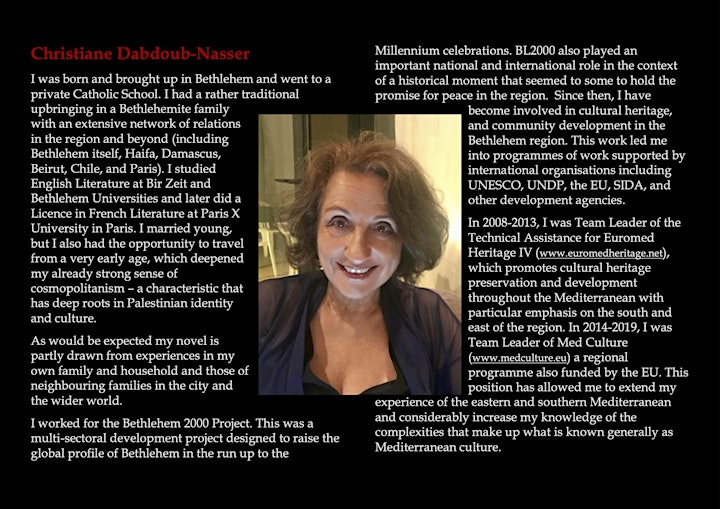Gaza Blues: Different Stories
by Samir El-Youssef and Etgar Keret.
© 2004

From Samir El-youssef’s story THE DAY THE BEAST GOT THIRSTY
I liked listening to Ahmad.
I liked listening to Ahmad especially after I had a couple of joints. But sometimes Ahmad used to say things that made me realise that unless I leave the country I shall go mad.
Take for example that day when he was telling me how bad things were getting. He was absolutely sure that a total war was imminent in the region. But when he saw the effect on me of what he was saying, he hastened to announce that after the inevitable was everything was going to be all right.
“Wait until this war is over and done with, and soon everything will be all right,” he said, trying to comfort me.
“But how soon will that be?” I asked, getting no less worried.
“I should not think more than twenty, perhaps, thirty years!” he replied confidently.”
From Etgar Keret’s story SURPRISE EGG
The husband asked to identify his wife by her foot. Most people identify their loved ones by their faces. But he asked to identify her by her foot because he thought that if he saw her dead face, the sight would haunt him his whole life, or rather what remained of it. He had loved her and knew her so well that he could identify her by each and every part of her body, and somehow her foot seemed the most remote, neutral and far-removed. He looked at the foot for another few seconds, even after he had identified the rarely visible way contours of her toenails, the slightly crooked, chubby, big toe, the perfect arching of her sole. Maybe it was a bad idea, he thought to himself as he continued to look at the little foot (size 6, maybe it was a bad idea to choose the foot. A dead person’s face looks like a sleeping person’s but with a dead person’s foot there’s no mistaking the death lurking under every toenail. “That’s her,” he told the pathologist after a while, and left the room.




.jpg)


